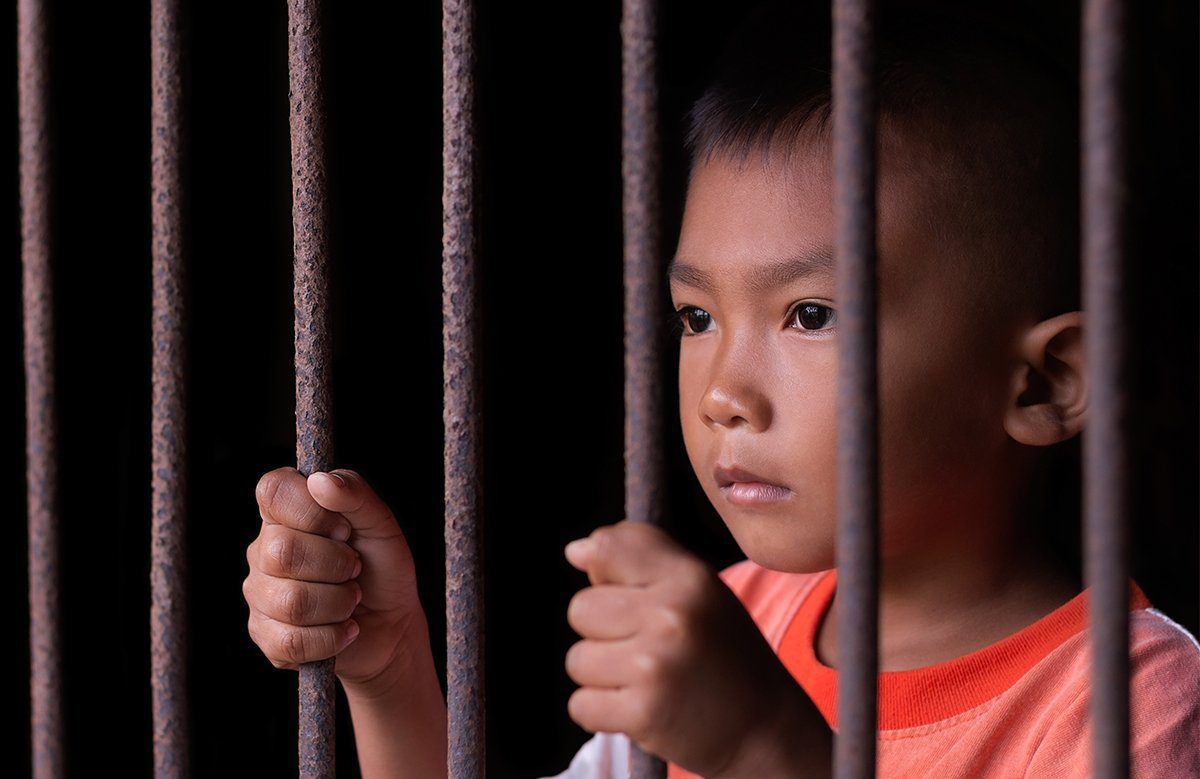Cases
CASE STATUS:
CLS ROLE:
STATE:
DECIDING COURT:
CASE DESCRIPTION:
Ting Xue, a native and citizen of China, arrived in the United States after fleeing from government persecution for practicing his Christian faith in China. He applied for asylum but was denied. He has petitioned the Supreme Court to remain in the United States. The Center filed an amicus brief in support of his petition, arguing that the court below was wrong to rule that, although he had previously been jailed for worshipping at a house church not approved by the Chinese government, Xue did not have a reasonable fear of religious persecution if he were forced to return to China.
The Chinese government requires religions and churches to register with the government, in significant part to control strictly the content of religious doctrine and teaching. For example, Xue testified that “the government-approved Christian church teaches that loyalty to country and the Communist party come before loyalty to God.” He further testified that the government-approved church does not allow “people * * * the freedom to express their views.” Worship outside of government-approved churches is illegal, and unregistered “house churches” are routinely sought out by government officials, who arrest and imprison their members and leaders.
A long-practicing and faithful Christian, Xue attended an unregistered house church. Each week, as a precaution, the believers gathered at a different member’s house. But on October 26, 2007, the Chinese authorities discovered and raided a house church service Xue was attending. The authorities arrested all members present and brought them to the police station. Officers there took Xue to an interrogation room and pressured him to disclose information about the church. When Xue’s answers failed to satisfy them, the officers slapped him across the head and beat him with a baton. The officers then placed Xue in a small jail cell with four other men from the church. For three days and four nights, Xue remained in custody. The men were forced to share a single wooden bucket as a toilet, which was never emptied, and a single straw bed. Twice a day they were fed a bowl of porridge. Before serving the meal, officers routinely forced them to sing the national anthem, mocking the prisoners’ habit of praying before meals. Officers also taunted Xue and his cellmates by referring to themselves as the prisoners’ “god,” claiming the power to refuse them food, and asking them to call on Jesus to rescue them.
Xue was released from imprisonment only after his mother paid a major fine—almost half of Xue’s entire yearly salary. Upon his release, officers forced him to sign a pledge that he would not attend illegal church meetings and warned that if he resumed he would face even more severe punishment. He was also required to report to the police station for 5 weekly “reeducation” sessions, during which officers inquired about his activities and instructed him on the importance of patriotism and work. Two weeks later, Xue returned to his house church, and in December 2007 police again raided the church and arrested all those present. Xue was not there, but he later learned that all repeat offenders were prohibited from posting bond and sentenced to one year in prison. Concerned that the police would discover his continued church attendance, and fearful for his safety, Xue’s family sent him to stay at his aunt’s home in another province. When Xue did not report to the police station for his weekly check-in, officers came to his parents’ home looking for him. The officers warned that if he did not report immediately he would be “severely punished.”
Rather than return home, Xue and his family decided that he should leave the country. With the help of a smuggler, he left China. He traveled for several months before entering the United States illegally in July 2008. The Department of Homeland Security (“DHS”) issued a notice to appear to Xue in March 2009. He applied for asylum, withholding of removal, and protection under the Convention Against Torture (“CAT”), arguing that the harsh mistreatment he suffered at the hands of Chinese authorities—and a well-founded fear that he would suffer more such persecution—would force him to continue practicing his faith in secret.
The IJ credited his testimony but denied his petition, concluding that his fears of future persecution “do[] not amount to more than a restriction on [his] liberty and thus do[] not rise to the level of persecution.” The Board of Immigration Appeals (“BIA”) affirmed. The Tenth Circuit denied Xue’s petition for review. Although the issue on appeal was whether Xue’s undisputed factual circumstances qualified as persecution, the court applied its precedent and treated the issue as a “question of fact.” The court acknowledged that this approach was “odd,” but deemed itself “bound” by Vicente-Elias. Applying that standard of review, the court held that substantial evidence supported the finding that the “level of harassment” Xue experienced fell short of persecution. The court declined to hold that an asylum seeker establishes persecution when “ordered, under threat of penalty, to stop practicing his religion.” His claim for asylum was denied by an administrative law judge, the Board of Immigration Appeals, and the Tenth Circuit. Xue has petitioned the Supreme Court to review the standard used by the court below to reject his claim for asylum based on a reasonable fear of persecution.














































